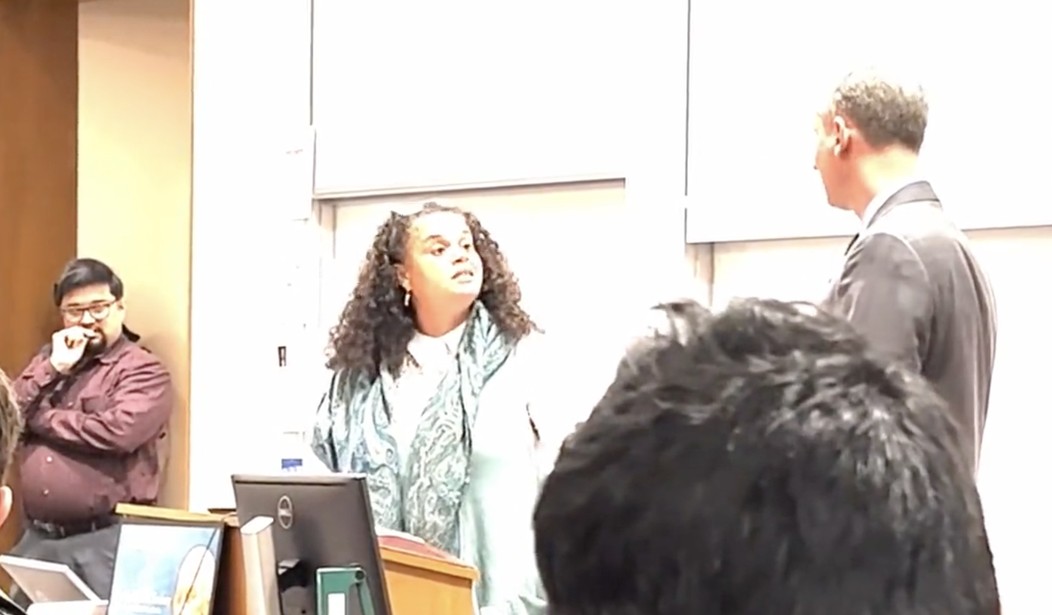Reading about the recent unpleasantness at Stanford Law School, with close-minded students angrily protesting and trying to shut down Judge Kyle Duncan, took me back to my own early days in law school, when I encountered a judge I thoroughly disagreed with: Stephen Reinhardt.
I was attending a public interview of Judge Reinhardt in which he discussed his judicial philosophy. At the time, I knew nothing about judicial philosophy—probably less than those Stanford students do. I didn’t know about originalism; I didn’t know about living constitutionalism. I didn’t know that judges and scholars vehemently debated their preferred methods. And I had no idea that Judge Reinhardt was an outlier in that debate.
I had only a vague sense that judges somehow applied laws to facts like we students did in class. So it was with great anticipation that I attended this event. It was my first chance to hear a judge talk about his trade.
The host asked Reinhardt how he went about deciding a case. He responded (I am paraphrasing here because my memory is not exact): “First, I ask my clerks to give me the briefs and any media coverage about the case. Then I ask myself ‘what would justice be in this case?’ And then I write the opinion to do justice.”
That struck me as strange. Did a robe and gavel give someone the power to impose his own sense of abstract justice on the world? Unlikely, it seemed to me, but if so, why?
Related: Stanford Law School—EXPOSED
The host did not ask those questions, but she did ask the next question that popped into my head: “What if the law as written doesn’t let you reach the outcome you want?”
Judge Reinhardt’s response stunned me. He laughed.
“Oh, the law can be made to reach any outcome you want!”
I still didn’t know what originalism or living constitutionalism were. I still didn’t know what the “right” judicial philosophy was. But now I knew one thing for sure: That wasn’t it.
Surely, I thought, one arrogant, life-tenured lawyer couldn’t ignore laws simply because he thought them unjust. Something must constrain judges. Something must stop them from trampling over the democratic processes that gave us the Constitution and the laws.
I could, at that moment, have interrupted Judge Reinhardt to tell him I thought he was wrong. I could, too, have stormed out, determined not to hear anything else I might disagree with. But I stayed, thought about what Reinhardt said, and then began to search for answers to my concerns.
The eventual result was that my instinctual objection to Reinhardt’s unrestrained judicial philosophy formed into a solid philosophical argument against it. And, even more importantly, a profound passion for the debate over how judges ought to ply their trade.
If not for that discussion with Judge Reinhardt, and my choice to listen to and reflect on it, I might have spent my career practicing law, largely ambivalent toward loftier questions of judicial philosophy. But because I listened politely to a man that I suspected was as wrong as wrong could be, my career took a different and altogether more fulfilling turn.
Putting aside all the other reasons that law students should not shout down guests that they disagree with, they deny themselves the same opportunity.









Join the conversation as a VIP Member